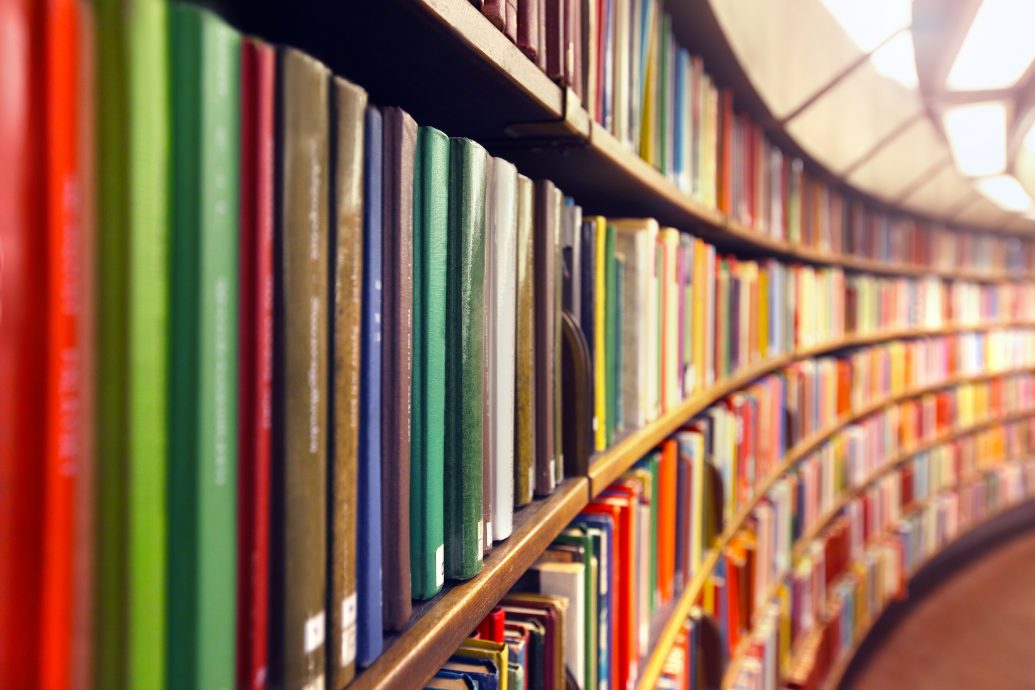Stephen Toulmin saw that great literature can account for things that the social sciences can't.
On Being Educated
A friend of mine recently asked me how he should go about reading Samuel Johnson, the great 18th century English lexicographer, a man of many parts. I replied: “Find a good edition of Boswell’s Life of Johnson, one you can underline as you read it. Then sit down, begin on page one. Read a couple of pages every day or so until you have finished.” I added that it would probably take a couple of years, but that was all right. Some things cannot be hurried—becoming educated is one of them. Some things need to gel, to settle for a while within our souls before we can appreciate them.
Education means paradoxically learning something even while, or perhaps in spite of, being in school. It is highly doubtful if many who have received high school or college diplomas are “educated.” They probably can read and write. But when they come to recount what they have actually read, they are functionally illiterate.
Many people, rightly, blame the educational “system” for this unfortunate condition. But some of it is our own choice. Johnson said that the best thing that you can do for a boy is “to teach him how to read.” Once the lad can read, he is free to pursue what is there to read. His mind can range over the curious adventure of mankind in its abiding search for an explanation of what it is all about.
Of course, the problem today is that even if he suspects that he ought to read something, no one can agree on what it should be. The authorities on the matter disagree as well. In taking up the adventure of reading, we soon find that the works in the ever available “great books” programs contradict each other. It is not a bad thing to read what is plainly wrong or makes no sense whatsoever. Knowing what does not make sense is often as valuable as knowing what does, and a good list helps orient us with exposure to good and bad books.
We are born with minds, not books. We are not limited to what we read. But we are limited. We are not gods who know everything by knowing their own being. The immediate origin of our knowledge comes from the fact that our minds are directed to the things out there that are not ourselves. Knowledge enables us to be more than ourselves with our own limited experience.
Socrates admonished us to “know ourselves.” This is good advice provided we realize that we can only know ourselves when we first know something that is not ourselves. The irony is that to know ourselves, we have to know something not ourselves. Ironically, our freedom is rooted in this capacity.
Where do books fit into all this knowing and not knowing? I do not speak here as someone devoted to or enthusiastic about on-line matter. Still, nothing can beat a bound book, a printed page. Books are physical objects, yes, but are also a window to other minds.
My copy of the Basic Works of Aristotle is falling apart. It was published in 1944. The back and binding are torn. As I look at it, I see what I have marked up sometime between 1950, when I got the book, till now. Marginalia reminds me that it is impossible to read Aristotle without learning something.
Writing for Intercollegiate Studies Institute, Jessica Hooten Wilson recently proposed a list of 10 books that one should read before leaving college. She includes Dante, Milton, Augustine, Flannery O’Connor, Frederick Douglass, Shakespeare’s Richard III, Gerard Manley Hopkins, Dostoyevsky, and Virgil, and observes that:
To read is to become a seraphim, a polyglot, a beneficent hydra. We become more ourselves. We become better selves, better souls. We transcend being merely thinking machines or gluttonous beasts but transform into creative creatures who love, give, and are nourished by beauty.
I am myself addicted to forming book lists. My book Another Sort of Learning is about what is worth reading in the limited time we are here in the daylight, and contains my own recommendations. Other book lists will have none of the above on them. No list can capture all that matters, and this is why, I suppose, the adventure of reading is fundamental.
On March 2, 1737, the young Johnson was in London trying to be economical enough to make ends meet. To Boswell, Johnson described a friend of his who was “a very sensible man, who perfectly understood common affairs: a man of a great deal of knowledge of the world, fresh from life, not strained through books.” In this praise of books, I cite that passage from Johnson to remind us that knowledge in books must ultimately come “fresh from life.” Most of what we know from other times and places is first “strained by books,” otherwise we could not know them. But the book remains indispensable to us.
Education means both awareness of what is “fresh from life” and what is “strained” through books. We should not deceive ourselves into thinking that we can know everything. But to want to know everything worth knowing is no deception. It remains the goal of any education worthy of man.



